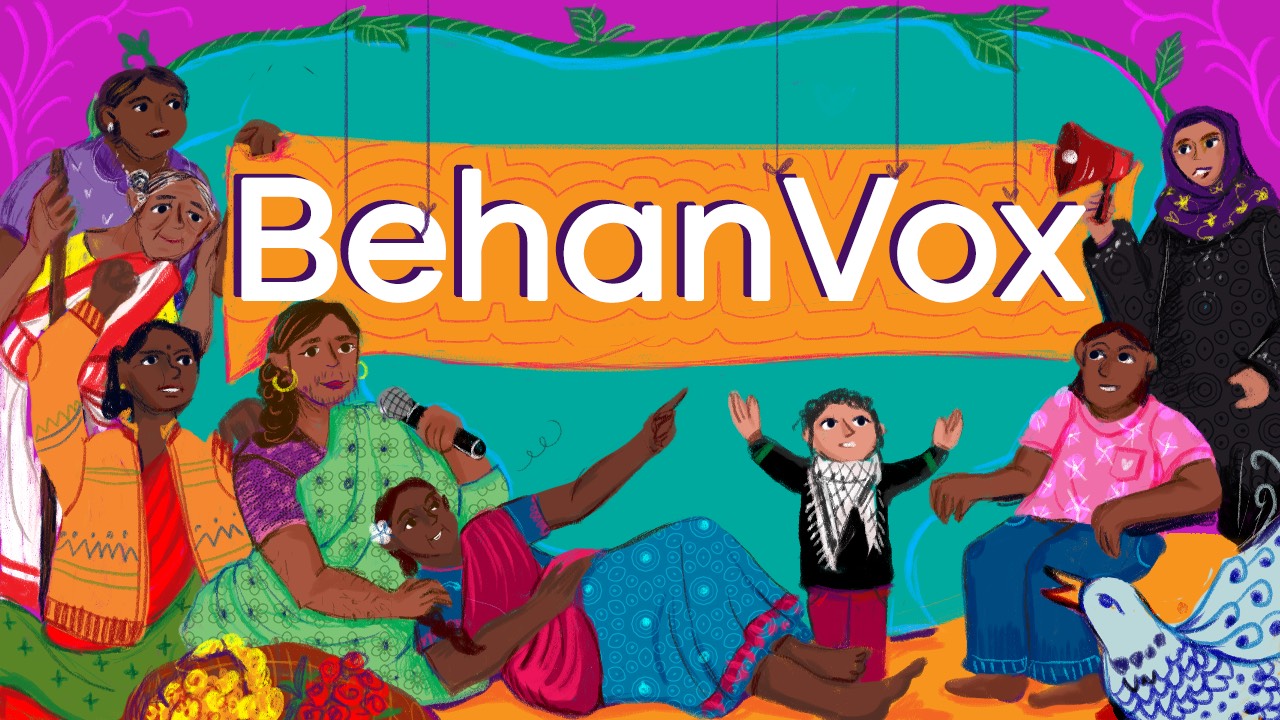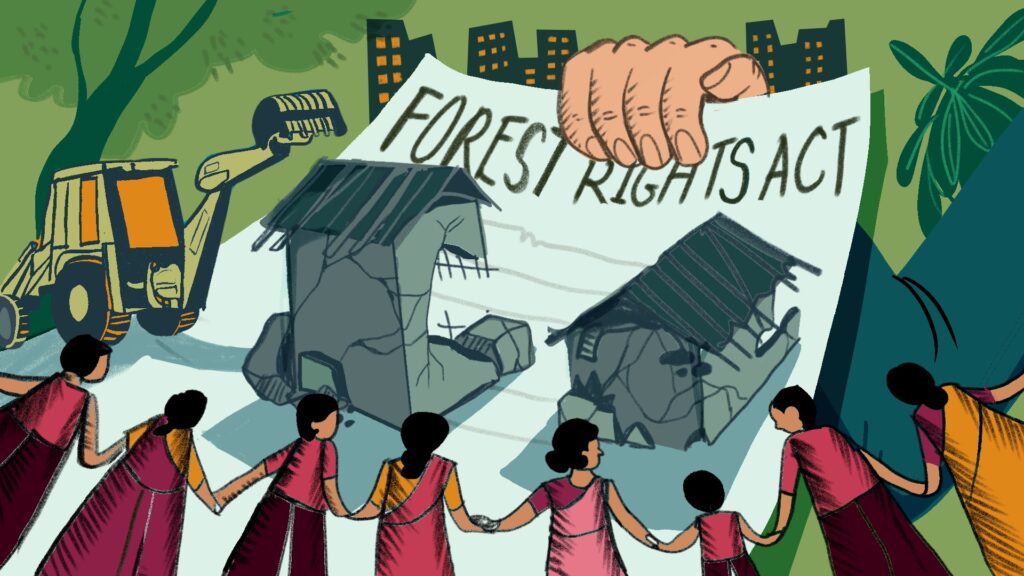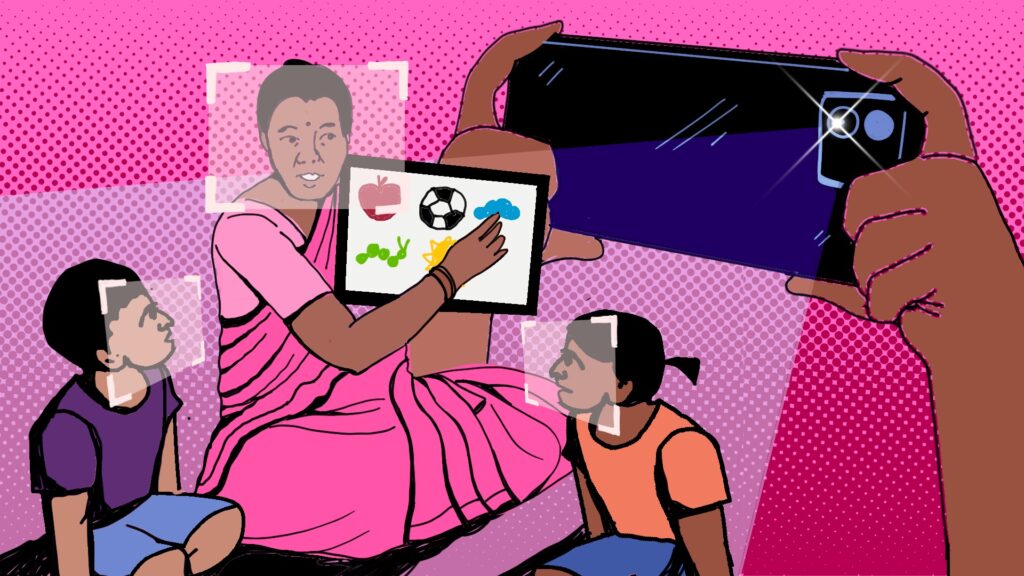[Readmelater]
BehanVox: A Hunger Strike in Thane Reveals the Failings of Forest Rights Act
This week in BehanVox: a long-awaited verdict in the Pollachi sexual assault case, the fall of French cinema legend Gérard Depardieu, and more
Support BehanBox
We believe everyone deserves equal access to accurate news. Support from our readers enables us to keep our journalism open and free for everyone, all over the world.






